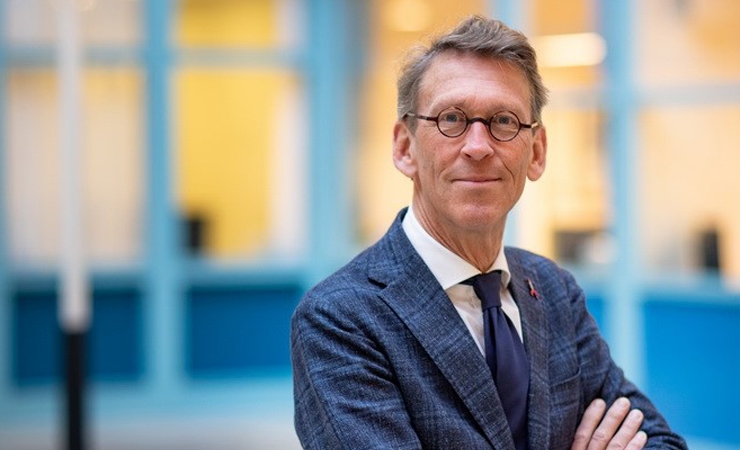
This year’s AAIC would have taken place in Amsterdam. We, and particularly I, was extremely excited about this and we have been looking forward to this for many years. I remember I started lobbying for Amsterdam already in 2013. The amount of submitted presentations broke a record in AAIC’s history and when we as Scientific Program Committee met in Chicago in March, we were so pleased that we could select the best and highest ranked submissions for oral sessions, symposia and more featured research sessions than ever before. We were all looking forward to welcoming more than 7000 participants to the conference in Amsterdam and were planning trips to visit and showcase our Alzheimer Center as well.
And then came Covid-19.
My trip back from Chicago on 6 March turned out to be the last, probably for the rest of this year and it soon became evident that congresses like this could not take place as planned. ADPD in Vienna in April went virtual, so did the EAN conference in Paris, and so this year’s AAIC will be completely virtual. Of course, this unfortunate turn of events is by no means comparable to the suffering and deaths of many, the economic near-meltdown and increased political tension the virus has caused.
But, on the other side of the medal are the possible benefits and learnings such a health-crisis may induce. Working from home will become a new standard, health care organization had to switch to telemedicine for a large part, and this will probably stay even after the virus has gone. And conferences will also not be the same after this. The EAN would have had a live attendance of nearly 8000 individuals but the virtual one had over 40,000 registrations.
Same goes for AAIC this year, and the numbers are increasing still. Many more people around the globe will benefit from the new knowledge that will be presented at AAIC, and especially those who could not have afforded to come to Amsterdam, who can now enjoy 5 days of talks and poster presentations by the best and brightest in the field and absorb the news, and play the presentation again (if you missed the essence of a slide), something that is impossible when listening to a talk in a live session.
We will all miss the interaction, the exchange of ideas over a beer, meeting friends and famous colleagues, whose names you only know from the publications, and of course the sightseeing in between sessions.
I think it will be the new normal even for conferences. Most probably people will not likely travel that much anymore and next year AAIC may as well be a hybrid one: smaller in attendance but live-streamed for all to follow globally. We’ll have to see.
This year’s WDC meeting would have been my first, and I was looking forward having my fellow council members over in my city and brag about my Alzheimer Center, the national dementia plan — that will be prolonged for another 10 years with a doubling of the research budget by our brave and dementia-dedicated minister of health Hugo de Jonge — our Dutch cuisine, fine restaurants etc etc. Now I will do all of that over Zoom, with the same intent and enthusiasm, but less couleur locale.
I am still hopeful we will meet again in Amsterdam at some point in time, but for the meantime, stay safe and healthy!
__________
Professor Dr Philip Scheltens is chair of AAIC20, Director of the Alzheimer Center at Amsterdam University Medical Centers, and a member of the WDC